National Dalit Roundtable Conference Finalized the Concept Paper
- Dignity Post
- 21-01-2025 11:12
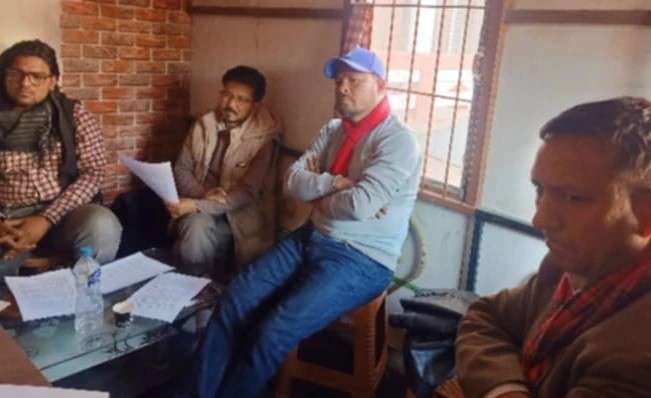
Kathmandu, January 21 — The Secretariat of the National Dalit Roundtable Conference has finalized a comprehensive concept paper for the upcoming Dalit Roundtable Conference. The meeting was held in preparation for the National Roundtable Conference scheduled for Baisakh 2082.
The meeting, convened on Poush 19, 2081, at Ratna Rajya Campus in Kathmandu, included prominent Dalit leaders and activists, such as Dr. Nirmal Bishwakarma, Dr. Mitra Pariyar, Khagendra Sunar, Rajesh Mayal (Agni Shikha), Tarasinh Bishwakarma, Sunil Ram, Sangita Kumari Ram, Tulsi Rasaili, Rajesh Nepali, and Prakash Tamta 'Pratikaar,' among others.
The concept paper delves into key issues, including the structure of state power and the Dalit community's resistance, lessons from national and international roundtable conferences, and the significance of such initiatives. It outlines the need to organize a National Roundtable Conference and its objectives, methods, and plans.
Focus Areas of the Conference:
The conference aims to address pivotal issues facing the Dalit community, including:
- State and Society Dynamics: Analyzing the current socio-political landscape and the Dalit community's position.
- Dalit Identity and History: Exploring the historical and cultural identity of Dalits while addressing social conflicts affecting the community.
- State and Political Behavior: Evaluating policies, behaviors, and intentions of state authorities, political parties, and ruling elites towards Dalit liberation.
- Theoretical Perspectives on Dalit Liberation: Debating whether the liberation struggle is political, social, or religious, and addressing theoretical dilemmas such as the use of peaceful versus forceful resistance.
- Role of Non-Dalits and Inter-Dalit Cooperation: Examining cooperation strategies within Dalit groups and with non-Dalit allies.
- Dalit Women’s Liberation: Highlighting specific challenges and strategies for empowering Dalit women.
- Strategic Agendas for Progress: Defining long-term, medium-term, and short-term plans for the Dalit movement, including priority areas for action.
The concept paper also highlights pressing concerns, such as constitutional amendments that could potentially undermine the rights of marginalized communities and ongoing discriminatory practices by political elites.
Historical Context and Resistance Efforts:
The Dalit community's struggle for rights gained momentum after Nepal's democracy was established in 2047 BS. However, even during the democratic and republican eras, systemic discrimination and casteist attitudes have persisted. Many political parties, including emerging ones, have demonstrated a limited and superficial understanding of the Dalit liberation issue.
Despite these challenges, Dalit leaders and activists have resisted such systemic discrimination by fostering alternative platforms for advocacy and action. The upcoming conference seeks to unify these efforts and propose concrete steps toward a more inclusive and equitable Nepal.
The finalized concept paper sets the foundation for a transformative dialogue during the National Dalit Roundtable Conference and reaffirms the Dalit community's commitment to justice and equality.


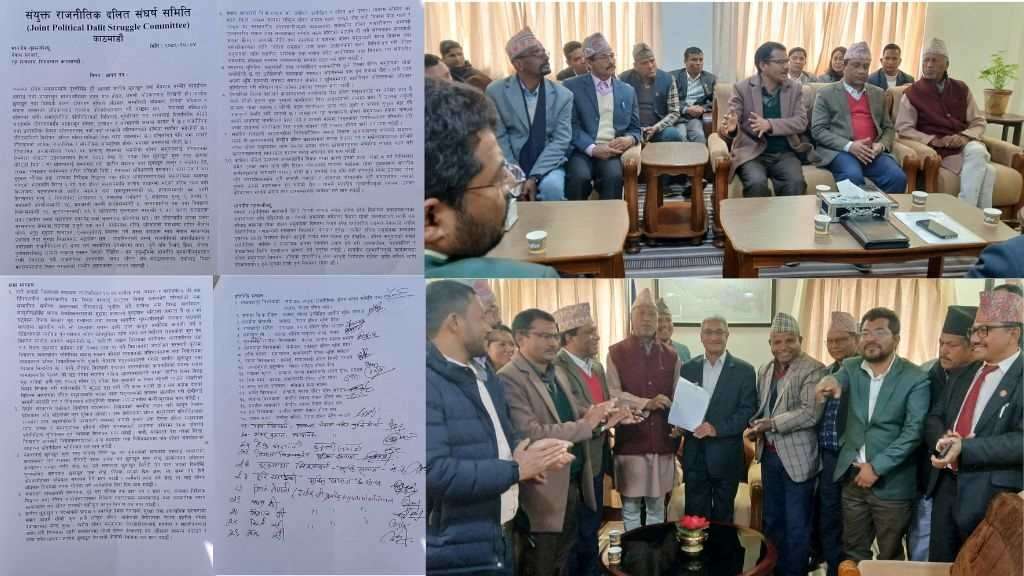
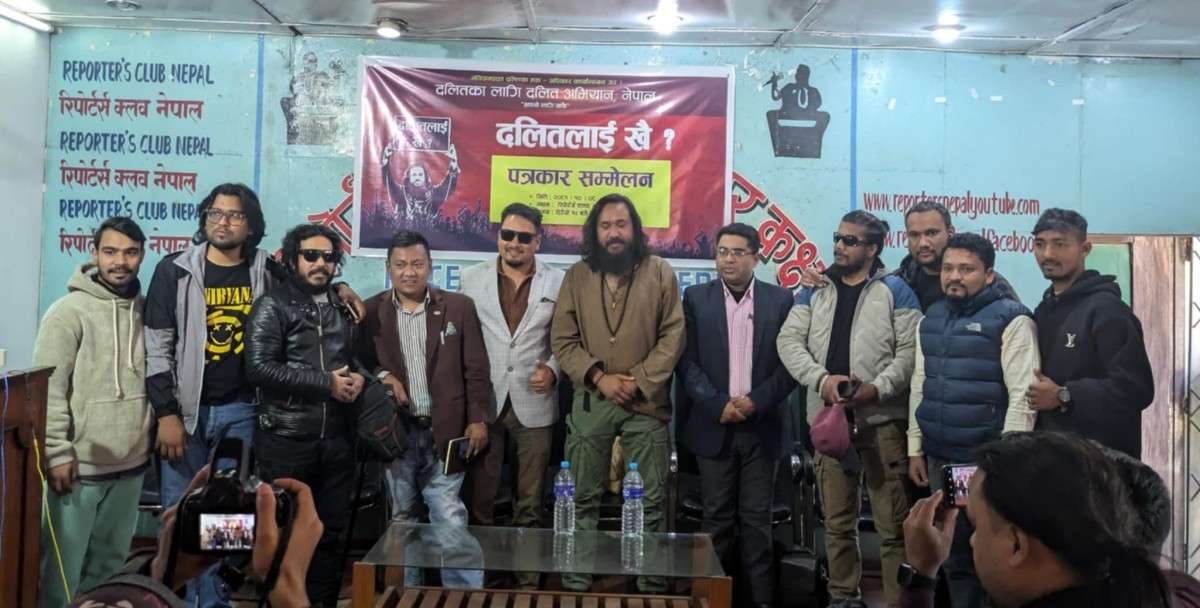

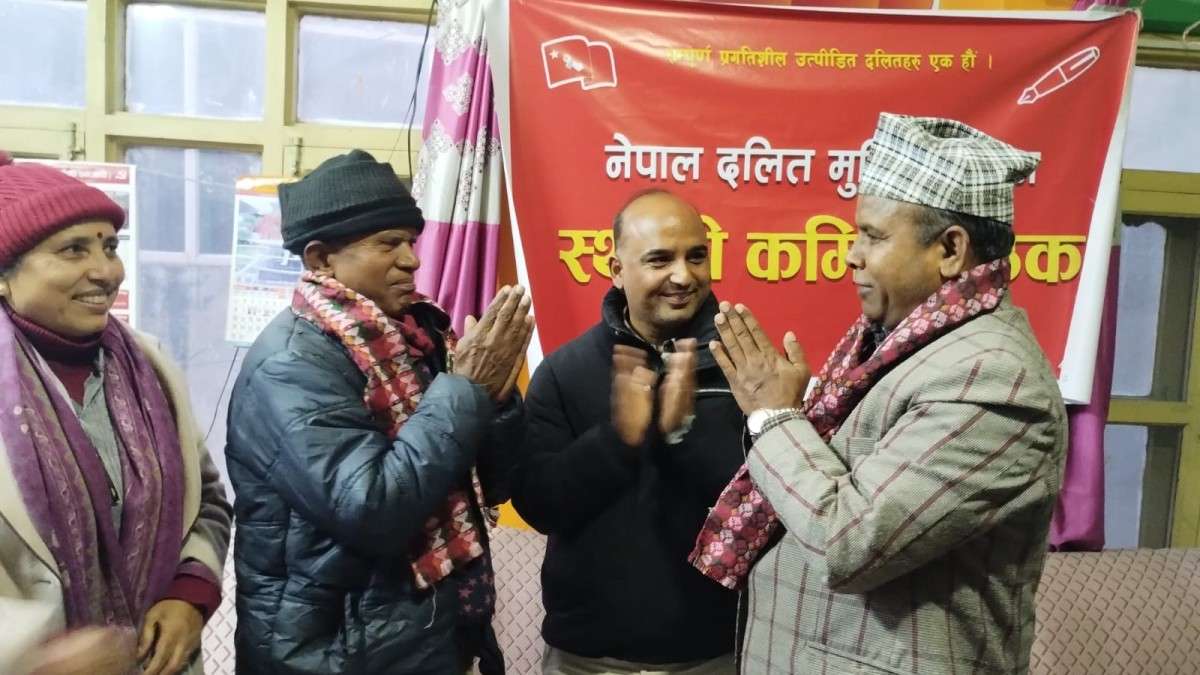
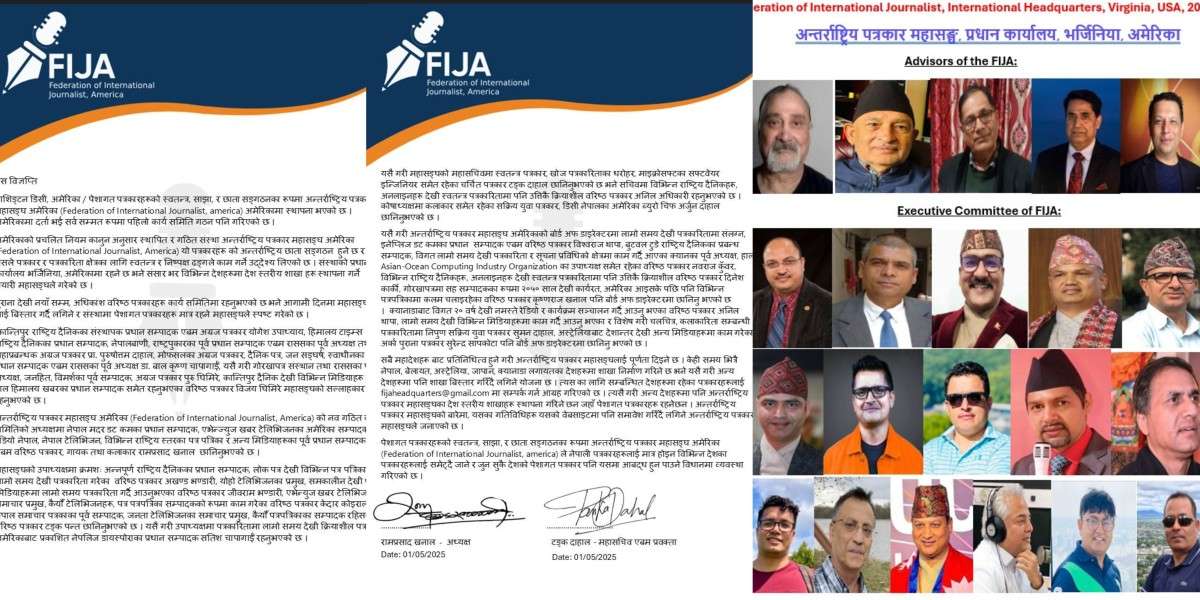



Conversation